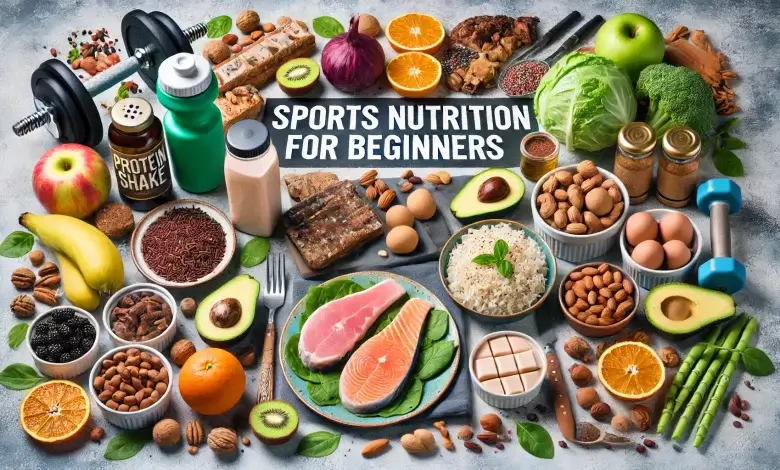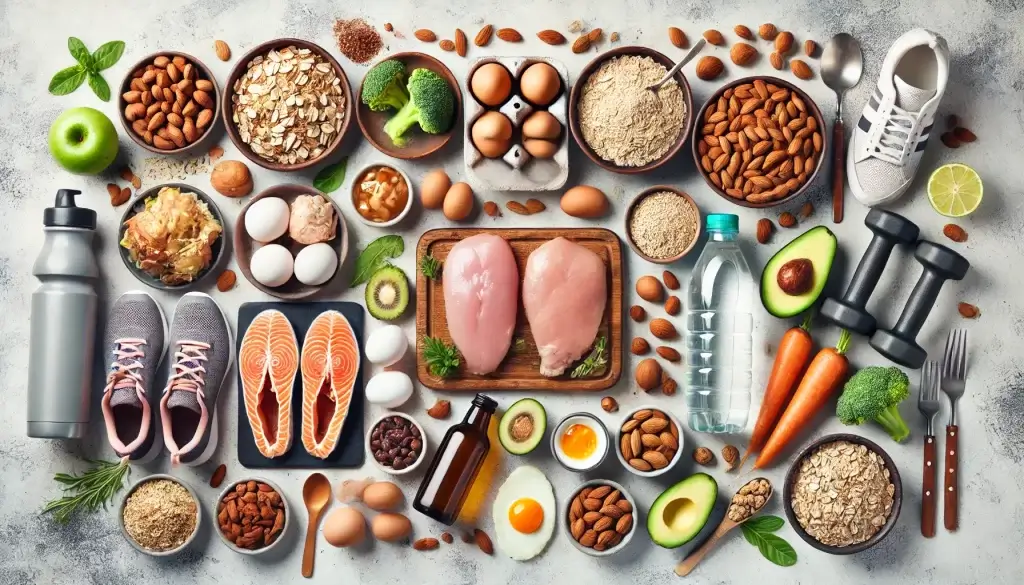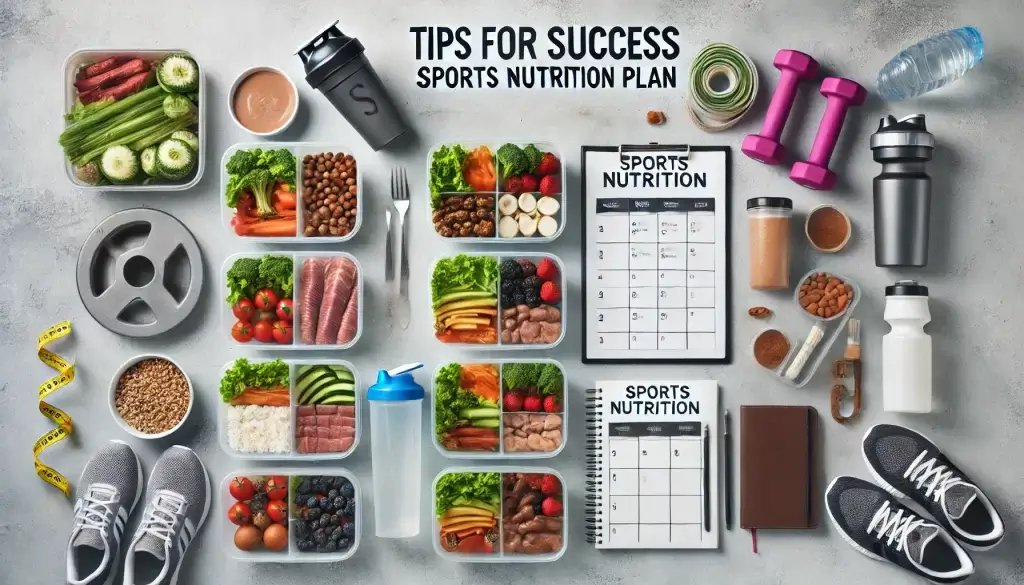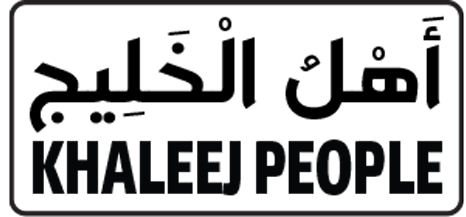Top Sports Nutrition Plans for Beginners: A Complete Guide
Essential Sports Nutrition Plans for Beginners: Fuel Your Fitness Journey with the Right Diet

When starting your fitness journey, it’s important to remember that achieving your goals goes beyond just working out. Proper nutrition plays a crucial role in how your body performs and recovers. Whether you’re aiming to lose weight, gain muscle, or improve endurance, the right nutrition plan can make a significant difference. In this article, we’ll explore the top sports nutrition plans for beginners, offering valuable insights on what to eat, when to eat, and how to fuel your body for optimal performance.
Table of Contents
Why Sports Nutrition Matters for Beginners
Understanding the importance of nutrition in sports is the first step towards building a strong foundation for your fitness journey. When you engage in physical activity, your body requires a balance of macronutrients—carbohydrates, proteins, and fats—to fuel your workouts and aid in recovery. Moreover, proper hydration and essential vitamins and minerals are crucial for maintaining energy levels and preventing injuries.
For beginners, this can seem overwhelming, but following a structured plan can simplify things. The top sports nutrition plans for beginners are designed to provide you with the right balance of nutrients to help you achieve your goals while keeping your diet sustainable and enjoy.
Beginner’s Guide to Sports Nutrition: A comprehensive guide on sports nutrition for beginners can be found on the British Nutrition Foundation.
The Basics of Sports Nutrition for Beginners
Before diving into specific sports nutrition plans, it’s important to understand the basics. The three key macronutrients—carbohydrates, proteins, and fats—play different roles in sports performance:
- Carbohydrates: These are the primary source of energy for athletes. Carbs fuel your muscles during exercise, making them essential for both endurance and strength-based activities. Choose complex carbohydrates like whole grains, oats, brown rice, and sweet potatoes for sustained energy.
- Proteins: Protein is vital for muscle repair and growth. It helps rebuild the muscles that break down during exercise, making it a key nutrient for recovery. Incorporate lean protein sources like chicken, fish, tofu, eggs, and legumes into your meals.
- Fats: Healthy fats are important for long-term energy, especially in endurance sports. Avocados, nuts, seeds, and olive oil are excellent sources of healthy fats.
- Hydration: Water is crucial for maintaining performance and preventing fatigue. Make sure to drink plenty of water before, during, and after your workouts.

Top Sports Nutrition Plans for Beginners
Now that we’ve covered the basics, let’s dive into the top sports nutrition plans for beginners. These plans are designed to be simple, effective, and flexible enough to fit into your lifestyle.
1. The Balanced Plate Method
One of the easiest sports nutrition plans for beginners is the Balanced Plate Method. This approach focuses on dividing your plate into specific portions of macronutrients, ensuring you get a well-rounded meal every time you eat.
- Half of your plate: Fill this section with vegetables and fruits. These provide essential vitamins, minerals, and fiber.
- A quarter of your plate: This section should be dedicated to lean proteins like chicken, fish, tofu, or legumes.
- A quarter of your plate: Choose complex carbohydrates such as brown rice, quinoa, or whole wheat pasta.
- Healthy fats: Add a small amount of healthy fats like avocado or olive oil.
This plan is ideal for beginners because it’s simple, sustainable, and adaptable to different types of workouts. Whether you’re doing cardio, weightlifting, or a mix of both, the Balanced Plate Method provides the nutrients your body needs to perform and recover.
2. High-Protein Diet for Muscle Gain
If your goal is to build muscle, a high-protein diet might be one of the best sports nutrition plans for beginners. Protein is essential for muscle repair and growth, making it a key focus for those looking to gain muscle mass.
- Protein-rich meals: Aim to include a source of lean protein in every meal. Options like chicken breast, turkey, fish, eggs, and plant-based proteins (like lentils or chickpeas) are great choices.
- Post-workout protein: After your workout, aim to consume a high-protein snack or meal within 30-60 minutes to maximize muscle recovery. A protein shake with whey protein and a banana can be an excellent option.
- Carb timing: While protein is the focus, don’t neglect carbohydrates. Eating carbs after your workout helps replenish glycogen stores and supports recovery.
This high-protein plan is ideal for beginners who are starting strength training or bodybuilding, as it provides the necessary fuel to build muscle efficiently.
3. Low-Carb Plan for Weight Loss
For beginners whose primary goal is weight loss, a low-carb diet might be one of the top sports nutrition plans to consider. Reducing carbohydrate intake can help your body burn fat more efficiently during exercise.
- Cut back on refined carbs: Focus on eliminating refined carbohydrates like white bread, pasta, and sugary snacks. Replace them with vegetables, lean proteins, and healthy fats.
- Increase protein and healthy fats: Make sure you’re eating enough protein to prevent muscle loss and healthy fats to keep you energized during workouts.
- Timing is key: Try to consume the majority of your carbs around your workout sessions, allowing your body to use the fuel when it’s most needed.
This plan works well for beginners who are focused on fat loss and can be adjusted based on your activity level.
4. Carb Cycling for Endurance Athletes
If you’re interested in endurance sports like running, cycling, or swimming, carb cycling is one of the top sports nutrition plans for beginners to consider. Carb cycling involves adjusting your carbohydrate intake based on your workout intensity.
- High-carb days: On days when you have long or intense workouts, increase your carbohydrate intake. This ensures that your muscles have enough glycogen to fuel prolonged activity.
- Low-carb days: On rest days or when you’re doing light workouts, reduce your carb intake and focus on healthy fats and proteins.
Carb cycling is a great way to ensure that your body has the energy it needs for endurance sports without overloading on carbs when they’re not needed.
Tips for Success with Sports Nutrition Plans
While choosing the right sports nutrition plan is important, it’s equally essential to stick to it consistently. Here are some tips to help you succeed:
- Plan your meals ahead of time: Preparing your meals in advance ensures you’re never caught without a healthy option. This can prevent impulse eating and help you stay on track.
- Listen to your body: Pay attention to how different foods make you feel during your workouts. Everyone’s body is different, so it’s important to adjust your nutrition plan based on what works best for you.
- Stay hydrated: Hydration is often overlooked but is critical for performance. Make sure you’re drinking enough water, especially on hot days or during intense workouts.
- Be patient: Results take time. Stick to your plan, be consistent, and remember that nutrition is just one part of the overall fitness equation.

Conclusion
When it comes to finding the top sports nutrition plans for beginners, the key is to choose a plan that aligns with your fitness goals and is sustainable over the long term. Whether you’re aiming to gain muscle, lose weight, or improve endurance, the right balance of macronutrients and hydration will fuel your body for success. By following one of these beginner-friendly sports nutrition plans, you’ll be well on your way to achieving your fitness goals while staying healthy and energized.
Start your journey today by choosing one of these top sports nutrition plans for beginners, and remember, consistency is the key to success.




